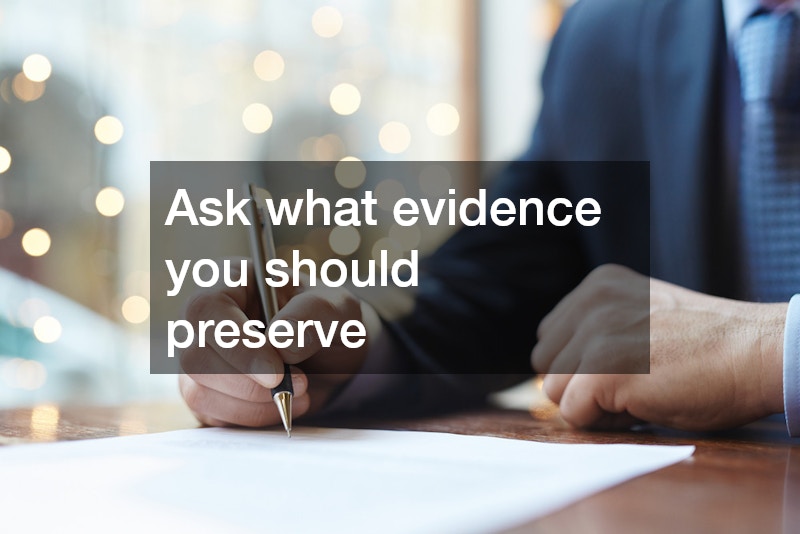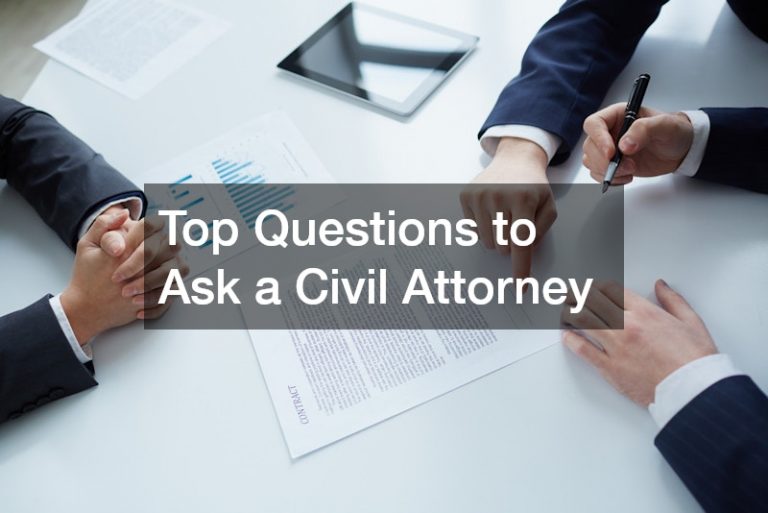Choosing the right civil attorney starts with focused questions that reveal experience, strategy, and fit. Begin by asking, “Have you handled matters like mine, and what results did you achieve?” Follow with, “Which laws and deadlines govern my case, and where are the pressure points?” Clarify who will handle the day to day, how tasks are delegated, and how you can reach the team. Ask for a candid assessment that covers strengths, weaknesses, the expected timeline, and realistic outcomes, so you can weigh risk with your budget.
Get clear on money and communication. Request a written fee structure that explains hourly rates, flat fees, retainers, and typical costs for filings, experts, and depositions. Ask how often you will receive updates, whether you will review drafts before they are filed, and who covers travel time. Discuss settlement versus trial strategy, what milestones trigger reevaluation, and how the lawyer will measure progress. If insurance is involved, confirm how coverage affects negotiation, and whether subrogation or liens could reduce your recovery.
Protect your position from day one. Ask what evidence you should preserve, who you should avoid speaking with, and how to maintain privilege. Verify conflicts checks, and confirm the attorney has courtroom time in your jurisdiction, not only conference room experience. Request a plan for the first 30, 60, and 90 days, including discovery priorities and mediation options. Finally, choose the civil attorney who explains complex issues plainly, respects your goals, and provides a roadmap you can fully understand before you sign.







